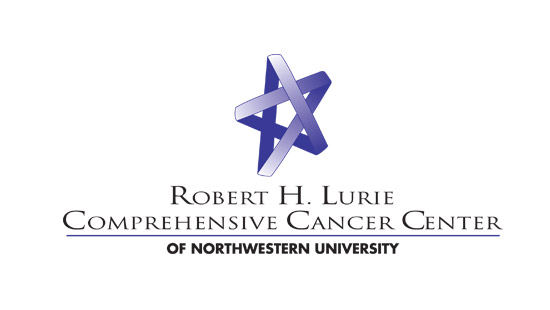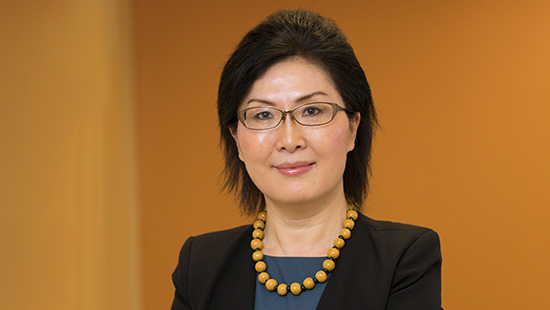Center for Global Oncology
The Center for Global Oncology (CGO) is a joint center between the Robert H. Lurie Comprehensive Cancer Center of Northwestern University and the Robert J. Havey, MD Institute for Global Health.
Cancer claims more lives in low- and middle-income countries (LMICs) than HIV/AIDS, tuberculosis and malaria combined. Despite this alarming reality, these regions receive only a fraction of global spending on cancer care, with over 80 percent of cancer deaths occurring there. In this era of precision medicine, advancements in molecular and biological sciences have revolutionized our comprehension of cancer development and etiology. The complex interplay of genetic variations, environmental exposures, socio-cultural practices and lifestyles across diverse populations necessitates extensive research with diverse data collection and analysis. This approach enables us to address specific questions regarding cancer causation, progression and prevention strategies, encompassing social determinants, environmental factors, infectious agents, risk markers and developing new point-of-care diagnostics for those who need them the most in LMICs. Collaborating with the NCI-designated Lurie Cancer Center, we aim to forge targeted tools to combat cancer preventively and effectively. This demands innovative ideas, comprehensive training, collaborative partnerships and knowledge exchange with domestic and global scientists and leaders. Strengthening institutional ties with our global counterparts in LMICs is crucial in tackling this pressing challenge.
Center Highlights
Our Research Projects
Learn more about our team, our initiatives and our active research projects.
Our Focus & Objectives
Learn more about our goals in global oncology research.
CGO in the News
See our team members in action; visit our news section.
Center Leadership
Current Global Health Partners
Meet the members of the Center for Global Oncology and learn how to apply for membership.
See Center Members
